Monkeypox cases are falling dramatically – here’s why
Just as we got over Omicron another virus came along. But something remarkable happened which changed the course of the next “pandemic”.
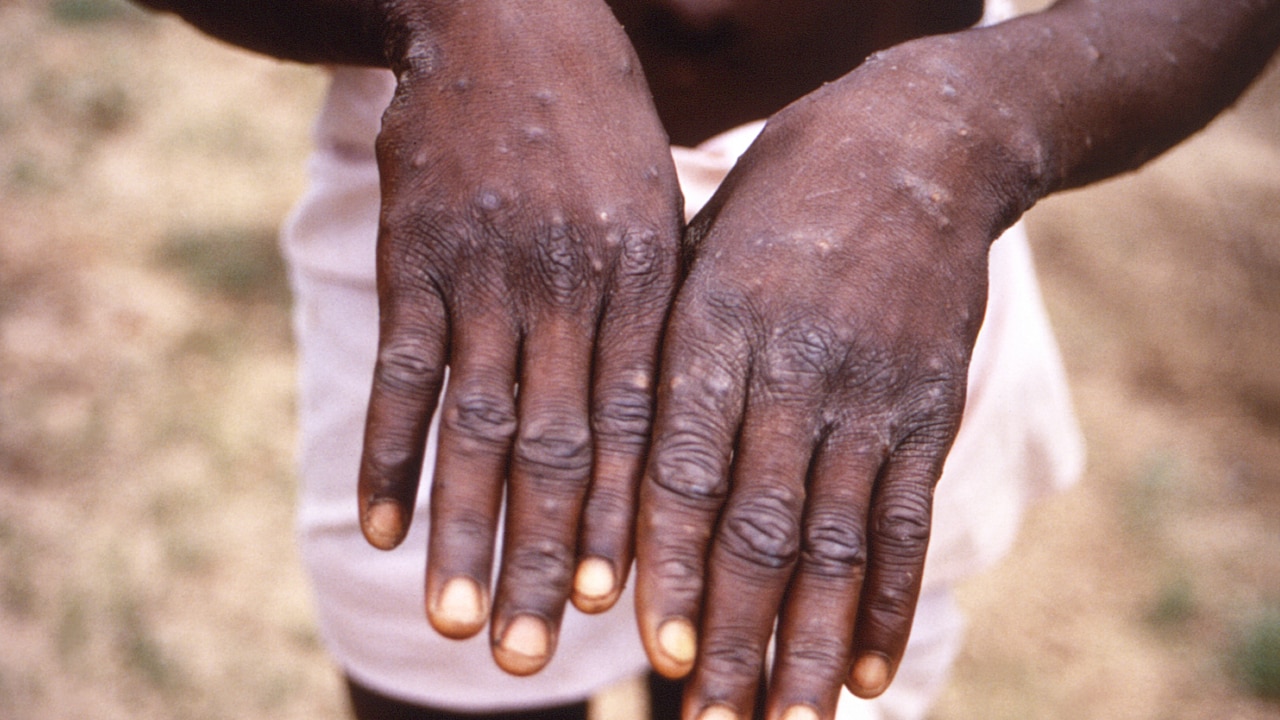
Think back just a few months, and just as many of us were feeling more relaxed about Covid-19, along came another virus that threatened to cause a fresh pandemic.
It was a potentially fatal virus that had travelled north from Africa, literally had a spin around a dancefloor in Europe, and then ricocheted across the world.
Australia saw its first case in May. By June, one Australian doctor had said cases were rising on an “alarming trajectory”.
Some of those afflicted detailed their symptoms, and showed off their rashes, on TikTok and TV shows. Social media became increasingly agitated as fears grew it would spread and potentially get into schools.
One group of doctors even went as far as to unilaterally proclaim it a “pandemic” and urged the World Health Organisation to do the same.
That virus is, of course, monkeypox.
Stream the latest health news with Flash. 25+ news channels in 1 place. New to Flash? Try 1 month free. Offer ends 31 October, 2022 >
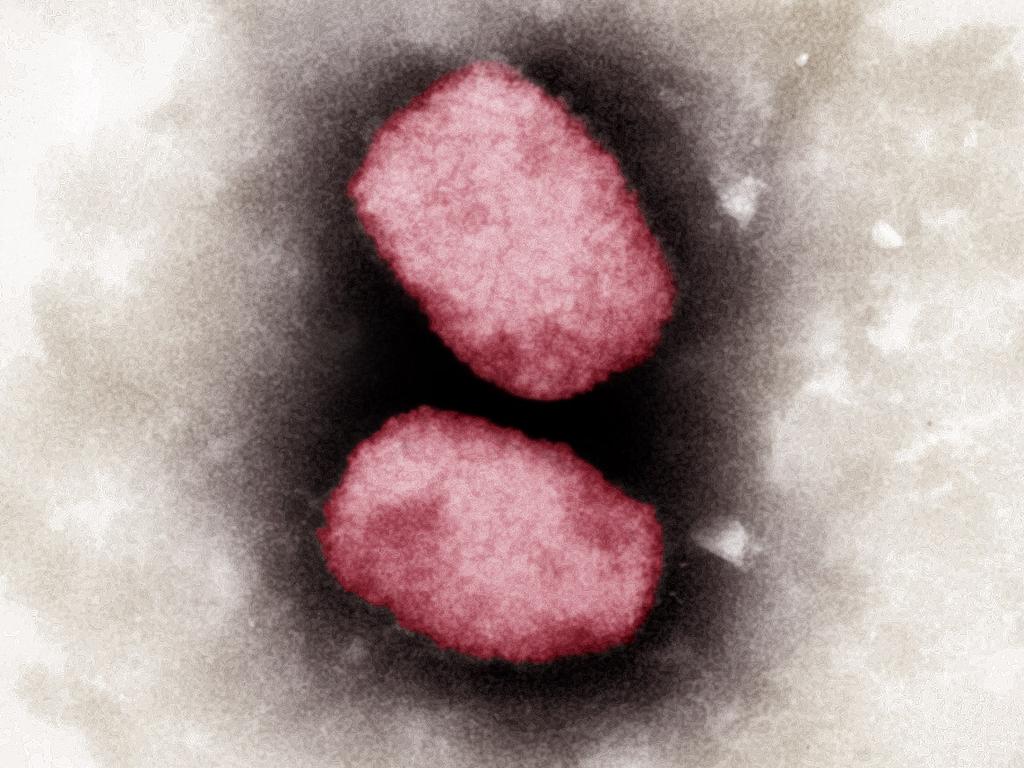
Yet, just a few months later, cases of this smallpox adjacent virus are dropping like a stone.
It’s an extraordinary, and possibly unexpected, turnaround for a virus that many had predicted would ravage the population. And health watchers are still digging into what measures may have had the most profound effect on numbers.
It could turn out to be a case study about how to jump on and squash a developing disease.
The deputy co-ordinator of the White House’s monkeypox response team Dr Demetre Daskalakis told the New York Times that monkeypox has been halted in its tracks so well, it may soon to be just a memory.
“Our goal is to eradicate; that’s what we’re working toward.”
“The prediction is, we’re going to get very close.”
But, a public health expert has warned, “monkeypox isn’t likely to go away anytime soon”. And there are concerns that cases could even start rising once more.
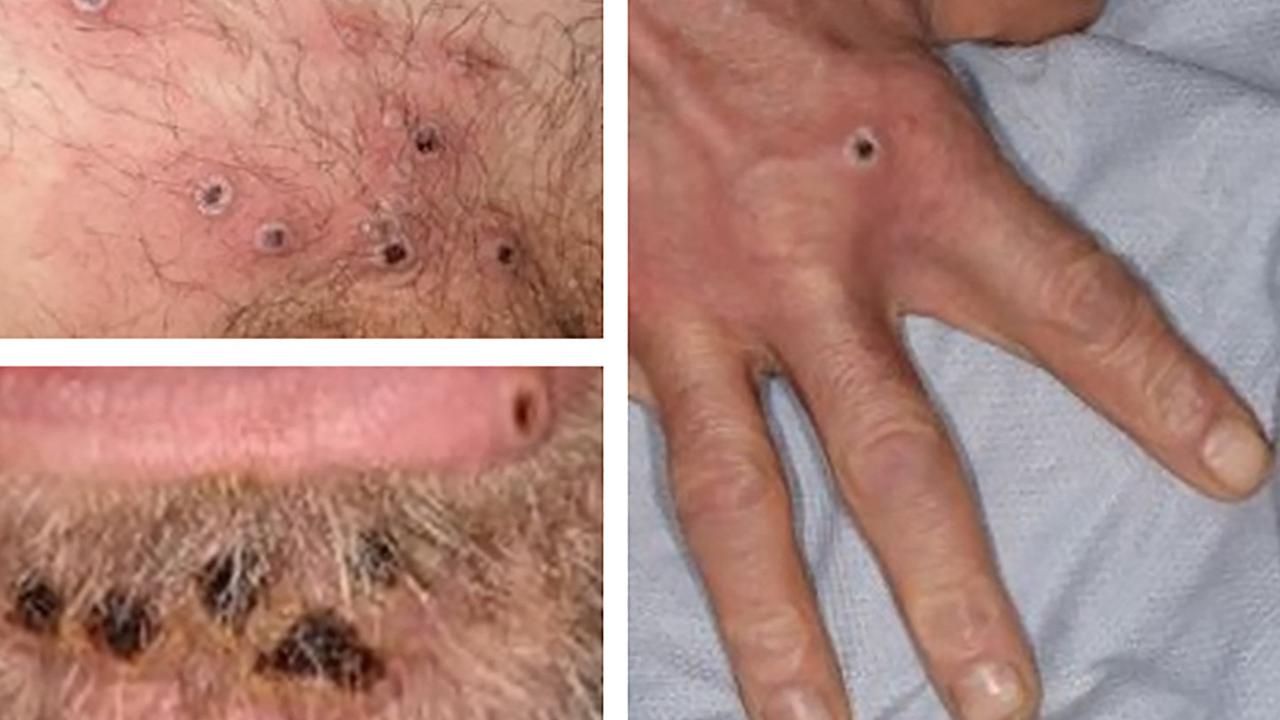
Dramatic turnaround
Globally, 68,000 people in 100 countries have contracted monkeypox in the latest outbreak.
In the US, which has seen 25,000 infections which is the most worldwide in this outbreak, cases peaked at 736 in a single day on August 22, according to the Centres for Disease Control and Prevention (CDC).
On September 28, only 107 new cases were diagnosed.
In New York City, one of the epicentres of monkeypox in the US, new cases are now one tenth of what they were around six weeks ago.
Australia has seen 136 cases of monkeypox, with Victoria recording half of those. No one has died. But last week, it was revealed that Victoria hadn’t seen a new case in weeks.
Chief health officer Professor Brett Sutton said it showed the spread of monkeypox had “turned around”.
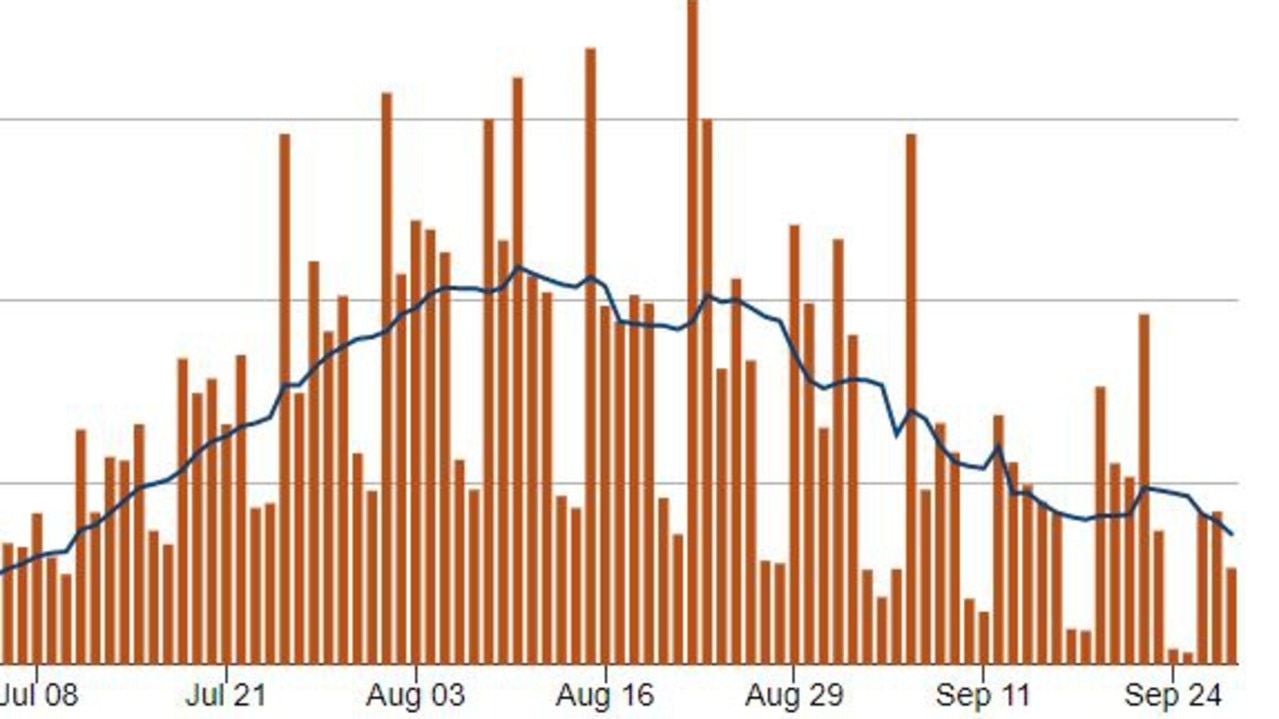
It’s believed that this remarkable success – from Melbourne to Miami to Manchester – is down to two things: initial changes in behaviour and then subsequent protection from vaccinations.
Monkeypox is thought to have journeyed from central or west Africa, where some regions it is endemic, to Europe and then spread globally via two dance parties primarily attended by gay men.
The virus is chiefly passed by skin on skin contact which can include through sex.
Thankfully, the virus circulating worldwide appears to be relatively mild. Although there have been 26 deaths and for a few it’s led to some nasty complications such as kidney damage.
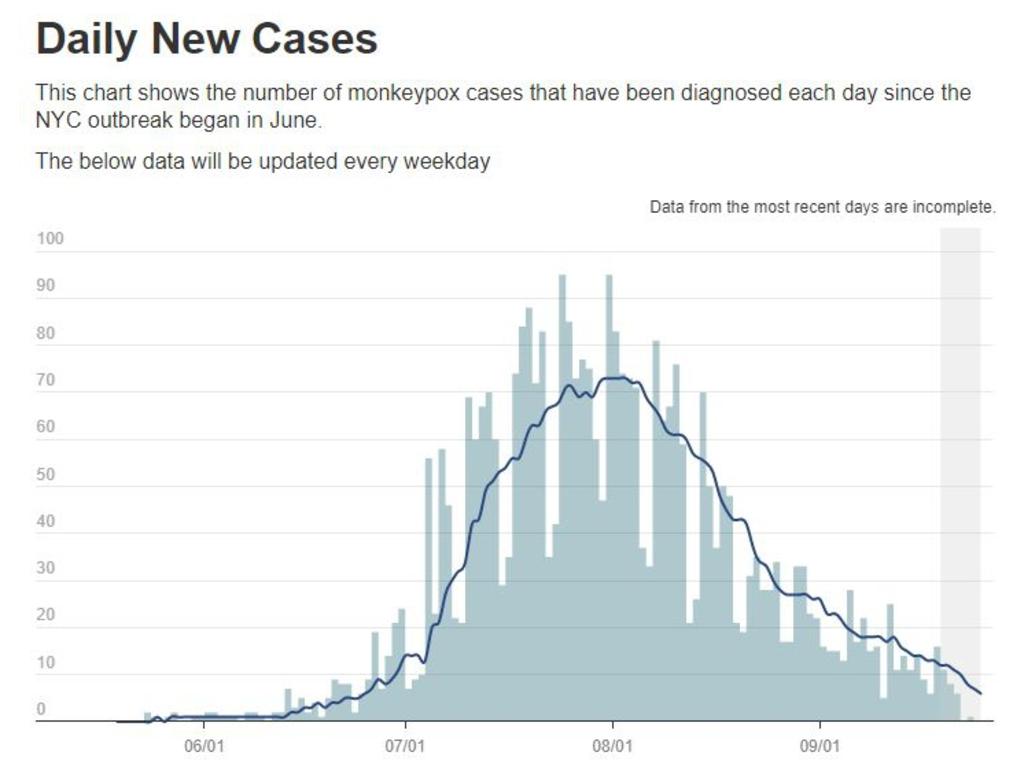
Work with LGBTI community ‘successful’
That the virus circulated within the LGBTI community may have had the effect of shielding it – or at least delaying it – from spreading further.
It also meant health messaging could be targeted at a smaller group of people.
“There’s been a terrific amount of public health education that’s gone out particularly to the MSM (men who have sex with men) community and the LBGTQ community that’s been primarily affected,” said professor of preventive medicine at the US’ Vanderbilt University William Schaffner.
“They’ve been literally flooded with information about monkeypox, and what you as an individual can do to protect yourself against becoming infected,” he told ABC News.
“A lot of the communication, I think, has been successful. And I think people may have altered some of their behaviours, to reduce their risk.”
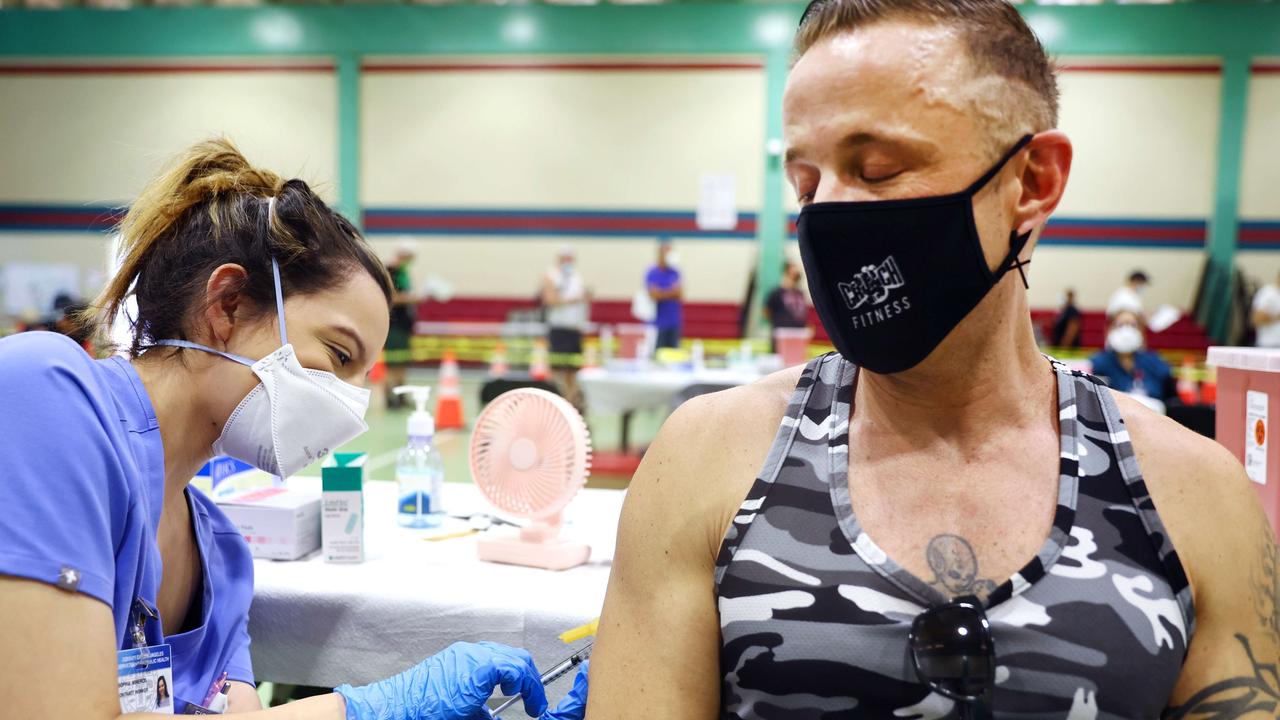
There’s data to back that supposition up. A paper from the CDC, Emory University and Johns Hopkins University, detailed how in survey of 824 sexually active gay men, half reported reducing sexual encounter since they became aware of monkeypox.
“These data suggest that MSM are taking steps to protect themselves and their partners from monkeypox,” the paper stated.
It also helped that gay men – who have had to deal with HIV for decades – are particularly aware of their health, what to look out for and how to access medical services.
And a smaller group meant monkeypox wasn’t an abstract concept that affected others. Many gay people knew of someone who had caught it.
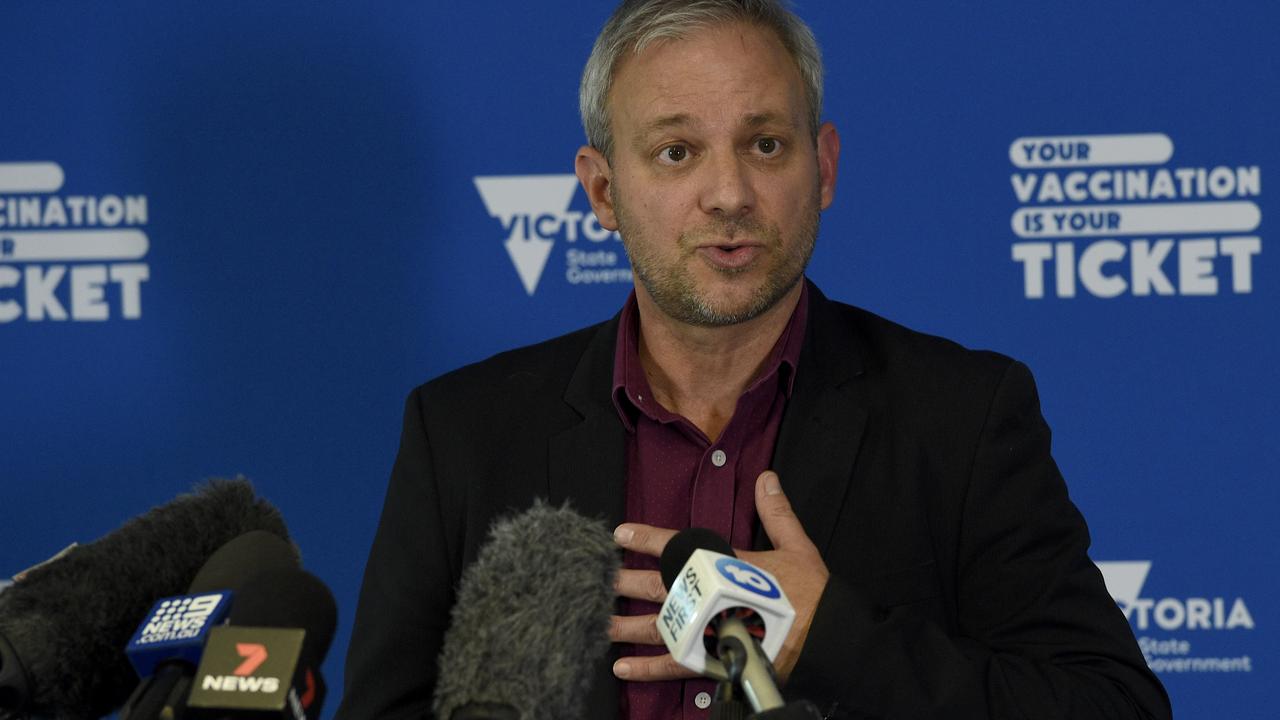
14 times less likely to get monkeypox
That initial reduction in sexual activity gave time for vaccine efforts to be cranked up. This took a while. The main vaccine is the Jynneos jab of which there was little immediately on hand.
Production was ramped up, however, and more shots were eked out of each vial by administering it just under the skin rather than straight into the muscle as happened with Covid shots.
The vaccination was also prioritised for individuals most at risk of catching monkeypox so as to create a wall of protection, known as “ring vaccination”.
“This has turned around because of (the LGBTI community’s) responsiveness and engagement,” Dr Sutton said of the Australian outbreak.
“Lo and behold, those pillars of a public health response work. Case isolation, contact tracing and early testing through close engagement with at-risk community.”
There was a worry that the Jynneos jab, which wasn’t designed specifically for this outbreak, might not be as effective as hoped.
However, CDC data released this week showed people exposed to monkeypox who did not have the jab were 14 times more likely to contract the virus.
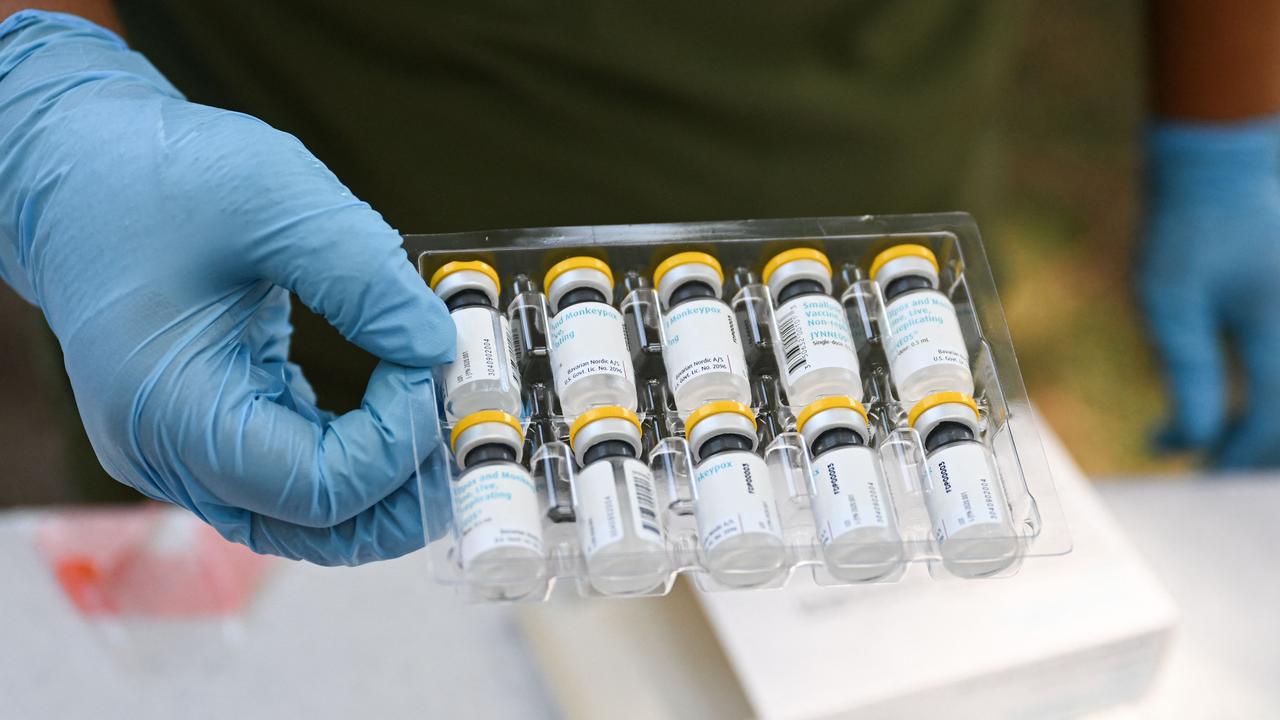
Monkeypox still circulating
Nonetheless some are sounding a note of caution.
“While it’s promising to see that case numbers have fallen, monkeypox isn’t likely to go away anytime soon,” public health Professor Andrew Lee from the UK’s University for Sheffield wrote on academic website The Conversation.
While the data on the vaccine effectiveness is promising, he posited that it could be the changes in sexual behaviour that have also played a large role in reducing cases.
If that’s the case, that poses a problem given asking sexually active people to give up sex for long periods of time has never been a particularly effective strategy.
“The danger then is what happens when people’s behaviour reverts to what it was before the current outbreak began. This could lead to infection numbers rebounding,” said Prof Lee.
“We must be careful not to stigmatise the condition lest we drive it underground and make it more difficult for infected people to seek healthcare.”
If monkeypox cases continue to drop, it will be a remarkable turnaround for a virus that some feared was the new Covid. And it will could be a template for how to deal with future outbreaks.
However, as was seen with the rollout of Covid-19 vaccinations, it’s often people living in less wealthy countries who are left behind.
Monkeypox might vanish in the US, UK and Australia. But if it remains in Africa then it can always go international again.
And next time, the virus may find a home in a less distinct group which might be far more difficult to target and communicate with and far less willing to engage and change their behaviours.




